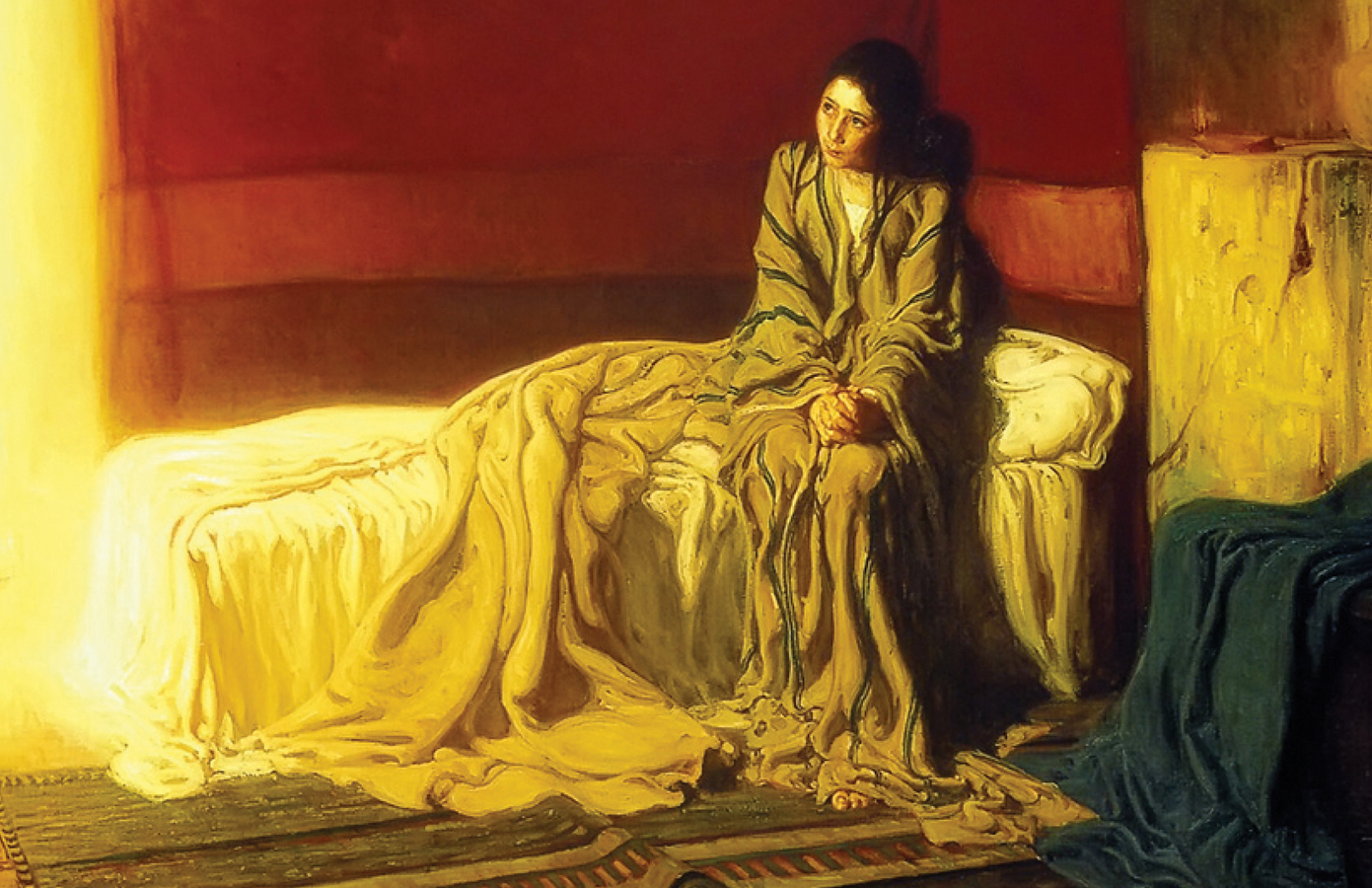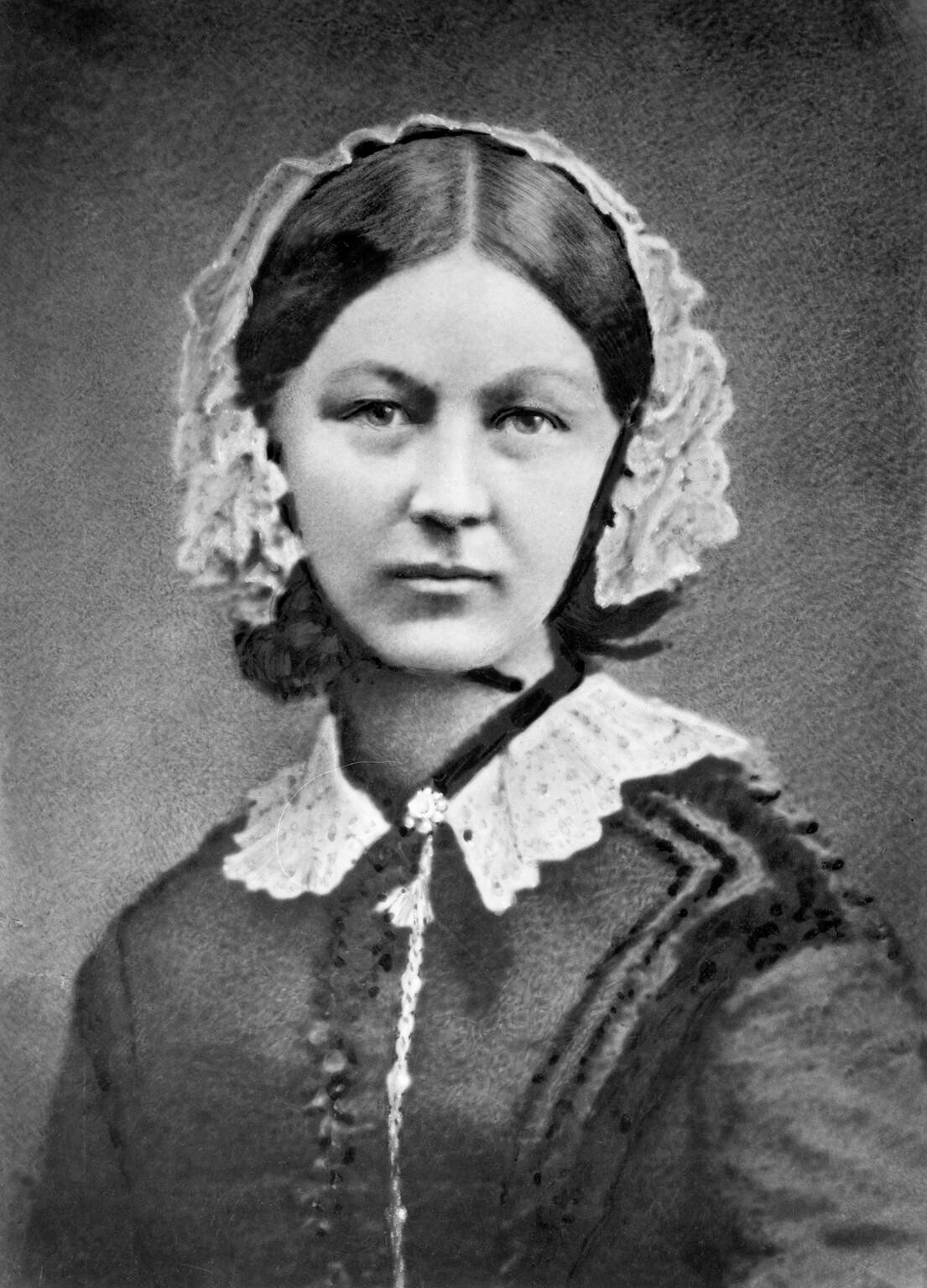“Choose, Go On With It, Wherever It May Lead You!”
Manage episode 455890349 series 1256505
 December 15, 2024: May God’s words be spoken, may God’s words be heard. Amen.
December 15, 2024: May God’s words be spoken, may God’s words be heard. Amen.
Okay, here’s the thing…the gospel you just heard isn’t the one prescribed for this Sunday. The church would have us hear another passage about John the baptizer, and never hear the annunciation of Mary (except if you come to Lessons & Carols). It is the story of when the archangel Gabriel tells her she is to be the God bearer, the one to birth our savior into the world. Now, it seems to me that the lectionary folks could have put the two readings about Jesus’ cousin John into one for last Sunday, and given Mary more of her due. Instead, they reduce her story down to one tiny paragraph, which we will hear next week, about her visit to her cousin Elizabeth, John’s mom.
As next week is our pageant, and I won’t be preaching, and as Mary is, after all, the chosen one to bear Jesus, I thought she should be given her due. So – if you want to know what you missed, you can go read about what John said in more detail: it is Luke 3:7-18. But, in short – he called everyone a brood of vipers, told them all to be just and kind, and that the one to come would baptize them in the Holy Spirit – but some would be in big trouble. There – now you are all caught up.
So, let’s now turn our focus to Mary, the mother of Jesus – the annunciation, and what we will hear next week – her visit with her cousin Elizabeth, because we can learn a lot by her story.
As we know, Mary is a young woman, the real meaning of the word virgin. Yet the depiction of her in art through the centuries brings most of us to think of her in her twenties. Scholars believe it is likely she was all of 15 or 16 – just a teenager. She is engaged to a man, Joseph. As for his age, well – my guess is that he was between 18-20, the marrying age for Jewish men at that time, but scholars vary wildly on that, putting him anywhere from 18-90. “The Rabbinic traditional laws said that men must marry by 18, and anyone over that age who wasn’t married was considered cursed, and courts had the authority to force them to marry.”[1] Which, makes you wonder about Jesus, right? But hey – he isn’t even born yet in our story, so let’s set that aside for now.
Imagine a young unwed girl getting an appearance from the archangel Gabriel! That must have been frightening. Then Gabe says, “Greetings, favored one! The Lord is with you.” And no, she didn’t respond with “And also with you!” The text says that Mary “was much perplexed by his words and pondered what sort of greeting this might be.” Ya think? I mean, it’s like the scene from the movie “Dogma’ when Alan Rickman, playing the seraphim Metatron, appears suddenly in a woman’s bedroom in a big fiery entrance. Scared nearly out of her wits, she gets a fire extinguisher, sprays it all over him, grabs a bat and tells him to get the F outta there. So yeah… perplexed is one way to put what it might feel like to have one of these heavenly beings show up suddenly to announce something, but it was likely more like “Holy ____, well -you know!”
Then, to hear that she will somehow become pregnant, and not by Joseph, and not after she is married…it all would be enough for most people to say to Gabe – hell no! Mary knew, despite being God’s chosen, the first for whom Advent came, that if she said yes to this request, she would be in danger. In that time, and even today, an unwed woman with child was subject to a so-called “honor killing.” This would have frightened even the most faithful person. Yet, what was her response?
The text says that Mary replied “Here am I, the servant of the Lord; let it be with me according to your word.”
She doesn’t know what this will entail. She doesn’t know how Joseph will react. She doesn’t know if this will lead to her execution. You have to wonder just how many other young teens Gabriel had to ask before he found one who would say “yes” to all of this. Still, Mary does say “yes” to God’s invitation – to being the mother of Jesus – the son of God. Trusting in God, she agrees, despite the dangers that lay ahead for her, to be the theotokos – the God bearer.
And what did she then do?
She went to her cousin Elizabeth, who was already pregnant with John. And as we will hear next week, there she received confirmation of all that Gabriel told her, which must have given her a sense of peace about all that she had experienced to that point.
When she enters Elizabeth’s home, her cousin says that the child in her womb, John, leapt with joy at the site of Mary. We will hear this next Sunday, “Elizabeth was filled with the Holy Spirit and exclaimed with a loud cry, “Blessed are you among women, and blessed is the fruit of your womb. And why has this happened to me, that the mother of my Lord comes to me? For as soon as I heard the sound of your greeting, the child in my womb leaped for joy. And blessed is she who believed that there would be a fulfillment of what was spoken to her by the Lord.”
with joy at the site of Mary. We will hear this next Sunday, “Elizabeth was filled with the Holy Spirit and exclaimed with a loud cry, “Blessed are you among women, and blessed is the fruit of your womb. And why has this happened to me, that the mother of my Lord comes to me? For as soon as I heard the sound of your greeting, the child in my womb leaped for joy. And blessed is she who believed that there would be a fulfillment of what was spoken to her by the Lord.”
And Mary responds with what we in the church call The Magnificat, from the Latin “to magnify,” from the first words she says “My soul magnifies the Lord, and my spirit rejoices in God, my savior.” Like the song of Hannah before her – it announces an overturning of the world order. Mary says “God has shown the strength of his arm, and scattered the proud in their conceit. God has cast down the mighty from their thrones, and has lifted up the lowly. God has filled the hungry with good things, and the rich have been sent away empty.”
In other words – as I remind folks each year – Mary knew, so please stop mansplaining the birth of Jesus to her in that ridiculous Christmas pop song.
So the stage is set – Mary is pregnant by the Holy Spirit and will bear Jesus, the Holy child of God. Elizabeth, her cousin, is near to giving birth herself to John, who will prepare the way for his cousin Jesus. Elizabeth confirms Mary’s call.
What does all this mean for us now?
We are nearing the bleak mid-winter, when it is cold and dark. And this year, it is something many of us feel not only deep within our bones because of dropping temperatures and shorter days, but deep within our hearts because of what is happening all around us.
We, like young Mary, have a lot of reason to fear in the days ahead. People are being proposed to take positions of power in our country who have little regard for what is right, what is just, what is kind, what is truth.
Nations abroad are at war, and children here are vulnerable to weapons of war in our schools.
Massive wealth accumulates among the few, while many go hungry or have no home.
Many who had begun to feel liberated from the chains of oppression are fearing the worst as those who want to deny, hurt, or marginalize them are soon to be given the means to do it without limits.
So, we can understand a bit of what Mary must have felt. But we can also take note in what she did in response to her situation. Mary didn’t hide away in fear, but spent time in the presence of those who knew her, loved her, and understood her. Mary was vulnerable – but found comfort and strength in her family.
And so too can you. Here in this place, among your parish family who welcome you, and nourished at this table by Jesus, who loves you just as you are – just as Elizabeth loved Mary just as she was.
Here you come in the Advent of your life – when trouble is near, and hope is needed.
Here you come to remember that by God entering into our human plane in Jesus – we have come to know that there is no darkness his light cannot overcome.
Here you come to be given confirmation by others of your call, and the strength to carry on, just as Mary did.
No, unless there is a star rising in the East around you, it isn’t that you are going to be the God bearer in the physical sense, but you are called to bear Jesus into the world.
To be clear, it is likely your call was not announced by the Archangel Gabriel or the Metatron – and truthfully, that is a good thing because as I already said, these appearances were not like a sweet Hallmark moment, but would scare the wits out of you. Maybe God came to realize that humans these days need a little more of a subtle message. But however that message is delivered, you are called to bear Christ, and yes – most especially in times such as we face! I am reminded of someone else who had to answer a difficult call.
Most of you have heard of Florence Nightingale, considered the founder of modern nursing. What you might not know is her story. Here is a bit of it, as noted in the book, Courage Is Calling: Fortune Favors the Brave, by Ryan Holiday.
“On February 7, 1837, at age sixteen, Florence Nightingale was to get what she was later to refer to as the “call.” To what? To where? And how? All she could feel was that it was a mysterious word from on high which imparted to her the sense that something was expected of her, that she was to be of service, to commit to something different than the life of her rich … family, something different than the constraining and underwhelming roles available to women in her time. …
refer to as the “call.” To what? To where? And how? All she could feel was that it was a mysterious word from on high which imparted to her the sense that something was expected of her, that she was to be of service, to commit to something different than the life of her rich … family, something different than the constraining and underwhelming roles available to women in her time. …
For eight years this call sat there in the recesses of Florence’s mind like an elephant in the room, not to be addressed. Meanwhile, she was vaguely aware that all was not right in the Victorian world. Life expectancy was barely forty years at birth. In many cities, mortality was higher for patients treated inside hospitals than outside them….
After eight years of denial, another call came. The voice asked, more pointedly this time: Are you going to let reputation hold you back from service? That was precisely the fear: What would people think? …This fear was strong, as it is in every person when they consider uncharted waters, when they consider blowing up their lives to do something new or different. When everyone tells you that you’ll fail, that you’re wrong, how could you not listen?…
She was torn — did she want permission to follow her dream, or permission to leave it unfulfilled? [When she asked Dr. Julia Howe, author of the battle hymn of the republic, what she should do, Howe answered,] “My dear Miss Florence, it would be unusual, and in England whatever is unusual is thought to be unsuitable; but I say to you ‘go forward,’ if you have a vocation for that way of life, act up to your inspiration and you will find there is never anything unbecoming or unladylike in doing your duty for the good of others. Choose, go on with it, wherever it may lead you.””[2]
So, she told her parents (who were not the least bit happy about it) and off to Germany she went to train as a nurse. “By the time she was 33, Nightingale was already making a name for herself in the nursing community…When the Crimean War began in 1854, [she was sent] … to manage a group of nurses that would go treat the wounded soldiers.” Conditions in the hospitals were so unsanitary and overcrowded that most in the war died from disease than as a result of their injuries. Pushing past resistance from doctors who didn’t think women had any place there, “Nightingale and her team transformed the hospital. [And within six months, the] death rate went down from 40 percent to 2 percent because of their work.”[3]
Nightingale’s name has been remembered to this day because she said yes to God’s call – despite society that told her it was not something she could or should do, despite her family who objected, and despite the danger of the conditions. She saved lives by saying yes.
Like Mary and Florence, you too are called. You too need people to help confirm that call in your life. And like Mary, if you say yes to it, you too will magnify God by the light of Christ born in you, to a world that is bleak, despairing, and in great need. Like Florence Nightingale, you too will change what is to what may be, saving lives in the process by the healing balm of Christ’s grace working through you.
And the most important life you save may very well be your own. For by allowing yourself to become a Christ bearer, by also magnifying the One who heals, who renews, who loves deeply and unconditionally, you will change the world, to be sure, but you will also receive all that too.
So if you wonder if God is calling you – don’t wait for a spectacular announcement, or permission to follow it. Don’t wait until you feel ready, rested, equipped, or worthy. Listen to God’s voice resonating in your heart, come here to help confirm that call among those who know and love you, and then choose to say yes to it, going wherever you must go.
Then the light of Christ carried within you will bring the mighty down from their thrones, lift up the lowly, and fill the hungry with good things.
Then it will be your spirit, and the spirit of all those you serve, that will rejoice.
And you will be blessed – in ways impossible to number.
Amen.
For the audio, click below, or subscribe to our iTunes Sermon Podcast by clicking here (also available on Audible):
https://christchurchepiscopal.org/wp-content/uploads/2024/12/Rec-001-Sermon-December_15_2024.m4a[1] https://www.beliefnet.com/faiths/christianity/how-old-were-joseph-and-mary-when-they-got-married.aspx
[2] Excerpted from Ryan Holiday, Courage Is Calling: Fortune Favors the Brave (Random House, 2021).
[3] https://www.womenshistory.org/education-resources/biographies/florence-nightingale
The Rev. Diana L. Wilcox
Christ Church in Bloomfield & Glen Ridge
December 16, 2018
Advent 6 (7 Week Advent) – Year C
1st Reading – Zephaniah 3:14-20
2nd Reading – Philippians 4:4-7
Gospel – Luke 1:26-38 (Off Lectionary)
The post “Choose, Go On With It, Wherever It May Lead You!” appeared first on Christ Episcopal Church.
11 tập




